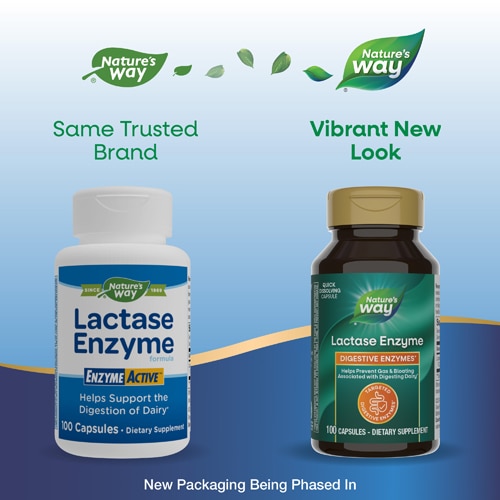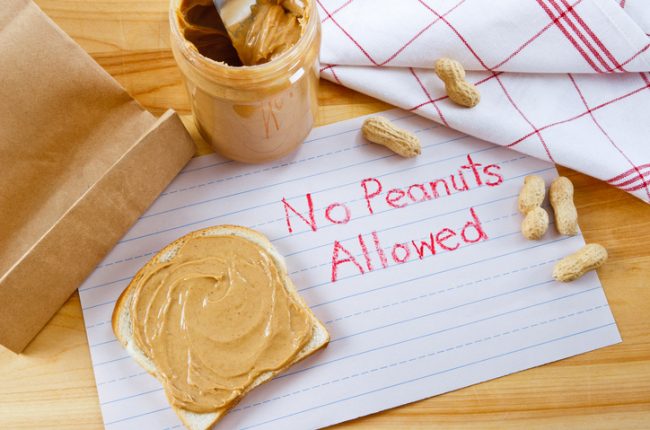Food allergies are one of the hardest types of health issues to deal with. Imagine discovering your favorite food is something your body can no longer tolerate, leading your immune system to think it’s being attacked and triggering reactions that make you sick. For some, that food is peanuts. For others, it’s gluten. Whatever the culprit, having a food allergy presents a number of challenges in our daily lives.
What is a food allergy?
Food allergies are a growing concern not only for Americans but for individuals across the globe. According to the World Health Organization (WHO), an estimated one to three percent of adults and four to six percent of children are affected.
So what is a food allergy? The WHO states: “A food allergy is an adverse reaction to food involving an immunological mechanism.”
Essentially, a food allergy brings about an adverse immune system reaction when a certain type of food is consumed. Reactions can be mild, such as hives (itchy bumps on the skin), rashes or stomach/digestive discomfort. Or, they can be more serious and even life threatening (anaphylactic shock).
Over 70 different types of foods are reported as causing food allergies. The top eight – peanuts, gluten, soy, tree nuts (almonds, walnuts, pecans), fish, shellfish, eggs and cow’s milk – are fairly well known. However, foods such as corn, coconut, garlic, sesame seeds and many other foods and food additives can be potential allergens.
What is a food intolerance?
A food intolerance (also known as food hypersensitivity) involves an adverse reaction to a food, though an actual allergy is not present. Intolerance reactions are typically not severe and are usually limited to digestive issues, like gas, bloating or diarrhea.
Someone with a food intolerance may even be able to continue enjoying trigger foods, notes the Mayo Clinic, with certain adjustments. For example, someone with lactose intolerance may be able to consume dairy products if they take a lactase enzyme supplement.
Preventing food allergy reactions
1. Be label smart
Being a knowledgeable consumer is the best method of prevention for having a food allergy episode. Make an effort to familiarize yourself with food labels and read more than just the front of the package when purchasing food products.
Remember, just because an almond milk product isn’t made with cow’s milk doesn’t mean it is processed in a facility that is certified dairy-free. Some plants can process both dairy and non-dairy products, using the same equipment. Check with the supplier or read the product label completely to ensure an item is completely safe if you have a known allergy.
Under the Nutrition Facts panel is also a statement letting you know if a product was processed in a facility where allergens (such as peanuts, soy, gluten, etc.) may have been present.
2.Eat clean
Think about the difference between snacking on a fresh apple or a bakery muffin full of ingredients you aren’t familiar with. Which sounds like the safer choice?
If you eat a lot of processed foods, your overall exposure to potential allergens will be greater. So aim to eat clean!
Note, however, that while eating clean is ideal, it won’t actually prevent you from developing an allergy. If you suspect you may have an allergy or intolerance, always consult with a health care provider who can arrange for allergy testing.
3. Educate yourself
To learn more about food allergies and what you can do in order to prevent reactions if you have one, visit the World Health Organization’s website or FARE, the Food Allergy Research and Education website.




